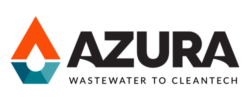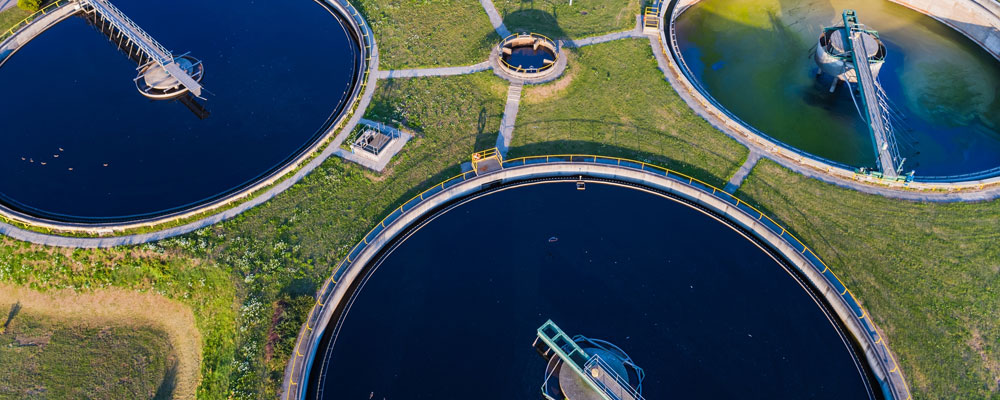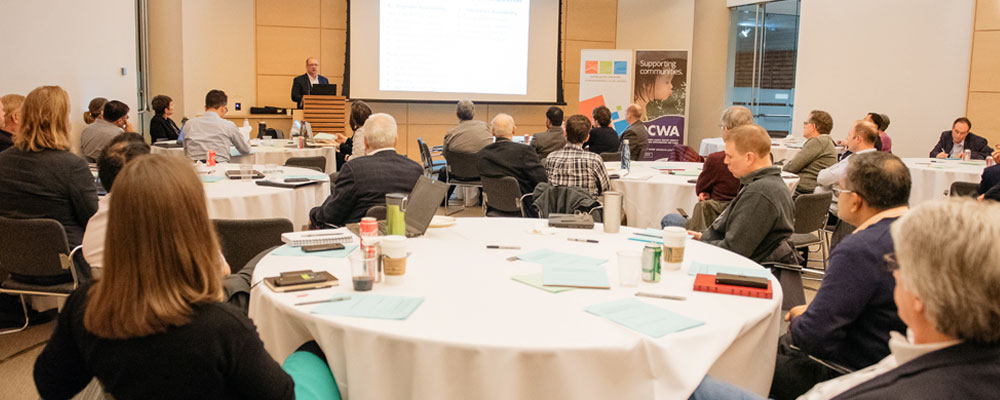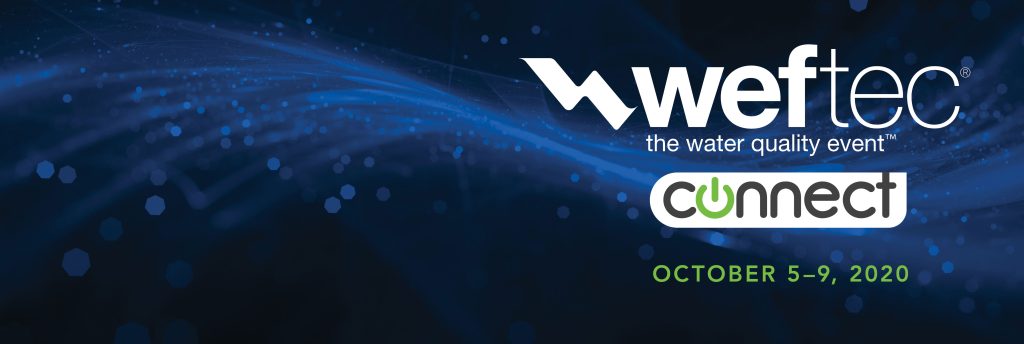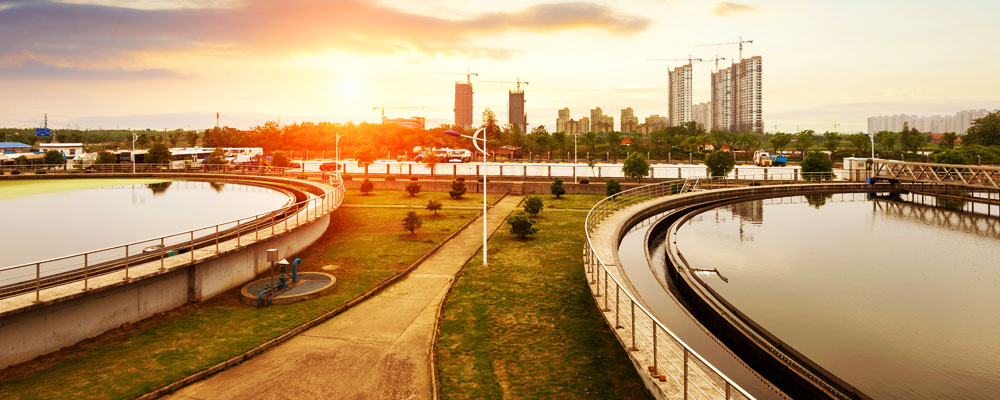CAWQ 2021 Symposium
A case study of a full-scale food waste digester failure and recovery was presented at the Value of Biogas West Conference in Vancouver. This case study demonstrates the need for balance in anaerobic digester feedstock as too much of the coveted FOG can be problematic.
